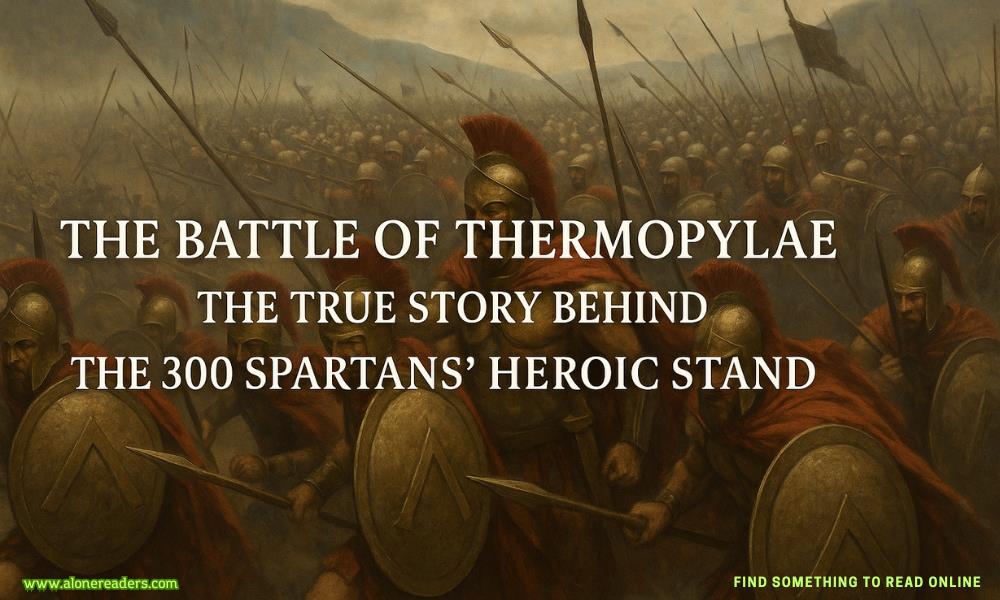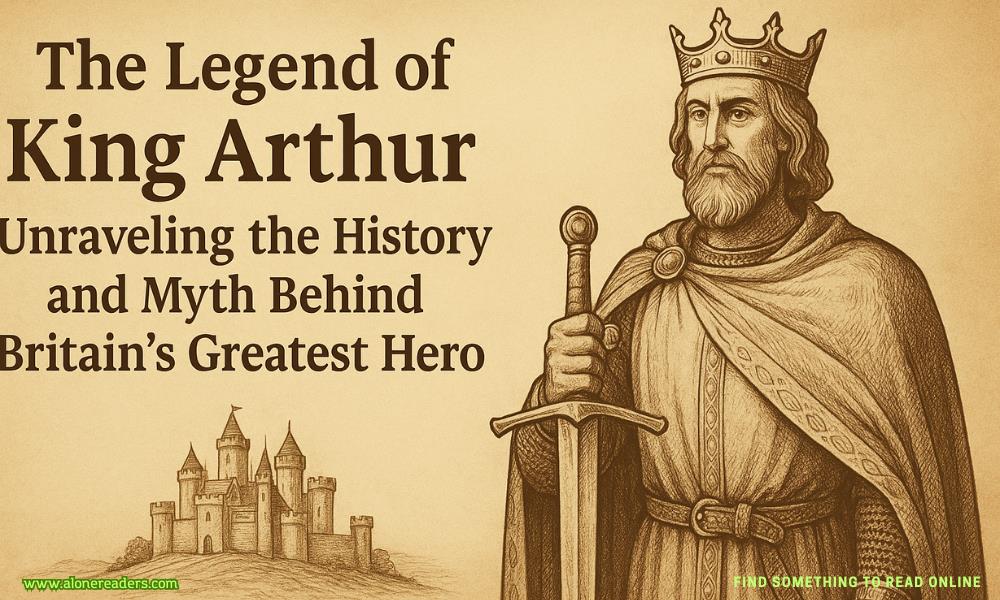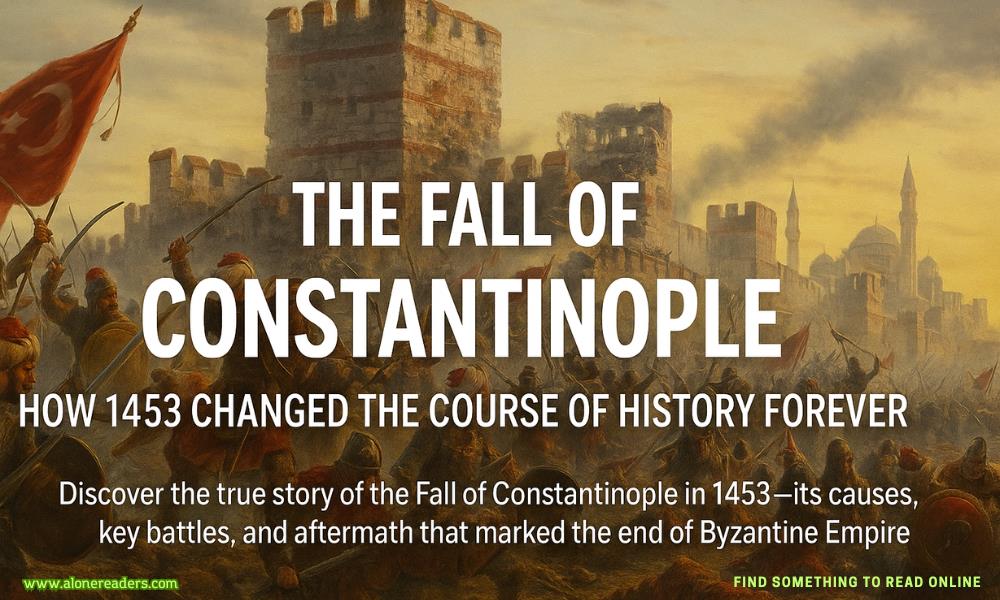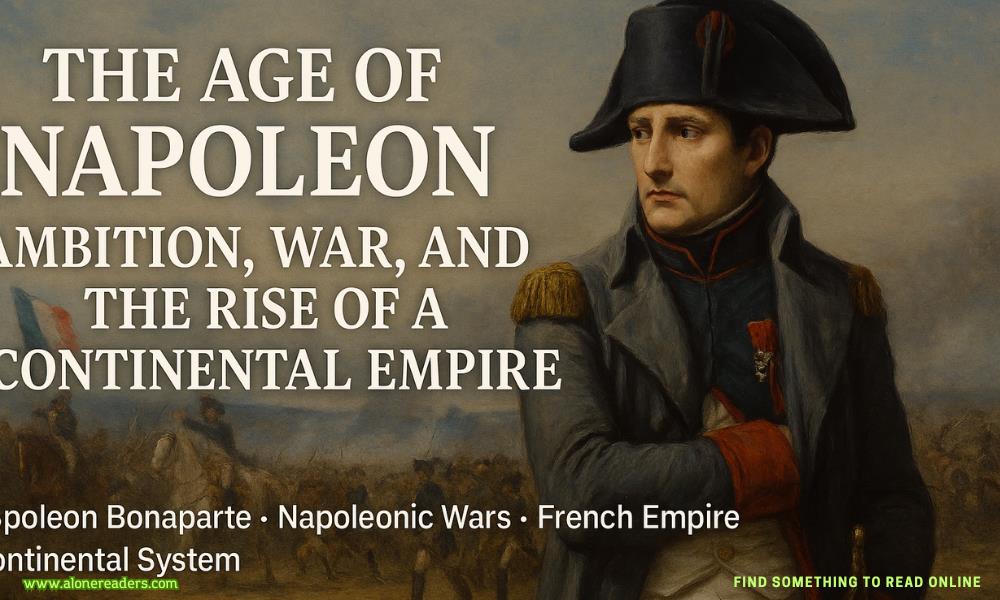Page 5 of Steal My Breath Away
By the time I was eight years old, I was a pretty good singer, and I was all set to be “discovered” after my first solo stage performance at the school talent show. I could play piano, guitar, and curiously the french horn, because bass player extraordinaire John Entwistle played the french horn and Dad thought I should learn it, too. I picked Elton John’s “Tiny Dancer” for my public debut because Dad had been playing it on repeat every day on the way to school. He showed up dressed in head-to-toe denim honoring the song’s first line and I forgot to be nervous because it made me laugh so much.
Despite my stellar performance, I didn’t get my big break that day. Instead, I had to grind it out in a town so small no producer would ever find it, dreaming of the day I could head to LA andmake it big as a singer. Dad died when I was twelve years old, and even though it felt like my world had ended, music kept me going. It was a way of keeping his memory alive. I performed in school musicals, the church choir, and at community events and fundraisers. I sang in malls, cafés, and on street corners. I entered talent contests across the state, and when I started writing my own music, I recorded songs and uploaded them to YouTube, Spotify, and social media channels. I was driven to succeed as a singer not just because it had always been my dream, but to feel close to my dad again, to honor his love of music, and to feel the kind of love he’d given me the day he’d dressed in denim.
Matt’s death at the end of my senior year threw me off course. With both my dad and my brother gone, the world seemed too unpredictable to navigate alone. I needed support and stability in my life, so instead of moving to LA like I’d planned, I followed Paige to Havencrest University instead.
I tried to stay upbeat even though I felt like a failure. I told myself that I was doing it for my dad. He had never gone to university and had always wanted Matt and me to chart a new path. But even though I’d traded LA for Chicago, my dream wouldn’t die. The music was still inside me. I kept writing, recording, and performing any chance I got. I joined an artist collective for tips on finding open mics in Chicago, leads on promotions, venues looking for openers, and the best places to busk on a Sunday afternoon, which is where I found myself three days after Dante’s Inferno went bust and my hopes of record deals and world tours with it.
I plugged my guitar into the amp and strummed a few notes while Paige adjusted the microphone in front of me. I’d been busking on Chicago’s Michigan Avenue on and off for the last year, when the weather wasn’t too cold. Between the regulars with their drums and newbies who didn’t know the unspoken rules, it was often a challenge to find a good space, but Paige always managed to find a way to squeeze me in at the best locations.
Her phone buzzed and she checked the screen. “It’s my mom.”
“Is everything okay?” Paige’s mom had been fighting non-Hodgkin’s lymphoma for over five years and had been the impetus behind Paige’s decision to go into biological sciences and specialize in cancer biology. The complexity and detail-oriented nature of the subject appealed to her analytical mind and problem-solving skills, and aligned well with her organized personality. Above all, however, Paige was driven by a desire to help people. She was the introvert to my extrovert, my emotional anchor, as I was hers. She balanced my impulsiveness with her pragmatism, and I tried to give her respite from her coursework and her worries about her mom by dragging her out for new experiences and letting a little crazy into her life.
“She’s good.” She studied the screen. “They’re considering her for a new clinical trial. I might have to go home if she gets accepted. She’ll need help with the paperwork and an advocate for when she talks to the doctors in case she has to make any big decisions.”
“Let me know and I’ll come with you,” I offered. “My mom isn’t getting home very often, and she’d be happy to have someone check the house.” I hadn’t visited Riverstone since Matt’s funeral, and I had no desire to go back and be reminded of our childhood. But there was no way I was letting Paige go alone. Her dad had abandoned her and her mom shortly after her mom’s diagnosis, and she had no other family to provide support.
Paige repositioned my amp, so it was out of the way. She’d made me a checklist of equipment to bring for every type of gig, but I just wasn’t a detail person, and after three gigs in a row when I’d forgotten something critical, she decided it was easier if she just came along. Even more than organizing things, Paige loved to organize people, and I was her favorite project.
“Looks like a good crowd today.” I plugged in my portable GK amp. I’d bought it from a musician friend who gave me a deal because it had “fallen off the back of a truck.” It was a good size for carrying around, loud enough to be heard on busy MichiganAvenue and the park behind us, but not so loud that the store owners across the street would complain.
Paige snapped open my portable table and covered it with a tablecloth before setting up my tripod. I live-streamed every performance and posted it on my social media so that I was not only playing to an audience, but also to my online fans. “Do you have everything you need?”
“I forgot my sign.”
“Taped to the back of the table.” She pulled the sign off with a flourish and set it up alongside the permit that meant I wouldn’t be hassled by the police. “And your CDs are in my bag along with your QR codes.” She pulled out a few copies of the new EP I’d recorded after getting my first solo gig in Chicago when I thought I had finally hit the big time. When it became clear that open mics weren’t the path to riches, I went back to busking and developing my musicianship out on the streets.
By the time I’d finished setting up and Paige had gone to buy some snacks, the street was bustling. My competition included a saxophone player in a fedora, a band with a fantastic marimba player, and three Columbia music students who were playing pop songs on their strings. Paige had set me up as far away from the others as possible within the permit area, hoping the noise wouldn’t drown out my voice.
There was nothing I loved better than performing, whether it was on stage or on the street. I opened with my most popular covers and a semicircle grew around me. It was the biggest crowd I’d ever drawn on Michigan Avenue, and everything came together in perfect harmony. The notes flowed through my veins, lifting me from the street and transporting me to a place where the only thing that mattered was the music.
With the crowd hanging on every beat, I finished with Fleetwood Mac’s “Dreams” and soaked in the applause. I glanced down to check my set list. When I looked up again, a tall man in jeans and a gray Henley, a baseball cap pulled low over his face, had pushed himself to the front of the crowd.
“Are you Haley Chapman?”
It was an odd question given that I had a table full of merch and CDs with my name on them, but I nodded and smiled, hoping he was a fan and would be generous with his donation.
“Senator Chapman’s daughter?”
My smile faded and the skin on the back of my neck prickled in warning. I’d moved to Chicago to put some distance between me and my mom and all the demands and expectations that came with being related to one of Washington’s best-known power couples. After my dad died, Elizabeth Chapman had gone from stay-at-home mom to congresswoman in the span of two years and then she’d been elected to the Senate. She’d met Steve, a high-profile lawyer, in Washington and started spending more and more time away until I was practically living at Paige’s place during the week and Matt and his friend Ace were fending for themselves in the house. She tried to keep Matt and me out of the limelight, occasionally trotting us out on campaign trails and for victory parties and articles about moms in politics and how successfully they balanced family and career. After Matt died, she stopped asking me to attend public events, and I’d managed to get through a full year at Havencrest without anyone recognizing me.
Before I could respond, the dude tossed a dollar bill into my guitar case and disappeared into the crowd.
I didn’t think much of it. The crowd had grown around me, and the energy was electric. Paige returned with some sodas, and I took a short break before starting my second set. By the time the crowds started to dwindle, the sun was setting and my fingers were getting numb from the cold breeze blowing off the lake. We packed everything up, and had just started down the street toward the train station when a white van pulled alongside us.
“Haley…”
I glanced over and a man jumped out onto the sidewalk and grabbed me.
Startled, I froze, my brain trying to process what was happening as he dragged me backward. Only Paige’s shriek of alarm brought me back to my senses. Heart pounding, I kicked and wiggled, trying to break his hold, screaming as he got closer to the van.
“Let her go.” Paige swung the amp, hitting my captor on the side of the head and knocking him off-balance. I took the opportunity to throw myself forward, loosening his grip, and fell onto all fours on the ground.
The man swore and jumped back into the van, shouting at the driver. With a squeal of tires, they sped away, leaving us alone on the sidewalk.
“Are you okay?” Chest heaving, Paige dropped to her knees beside me and pulled me up to inspect my hands. “Did he hurt you?”
I opened my mouth, but nothing came out. I couldn’t move, couldn’t breathe, couldn’t even process what was happening. My ears were ringing, body shaking. Paige was right there but she seemed far away.
- Her Desert King by Marian Tee
- A Wife's Duty by Sam Crescent
- The Gift that Keeps On Giving by Jessa Kane
- Hard Hearts by Ella Goode
- Obsidian Devotion by Sylvia Rae
- Sold to the Single Daddies by Summer Haze
- Coast by Jessica Gadziala
- Jezebel's Liberation by Lacy Rose
- A Touch of Fate by Cora Reilly
- Relentless Knight by Lisa Cullen
- The Cheerleader by Jade Marshall
- With this Ring by Sierra Cartwright
- Axel by Kelly Finley
- Ice Cold Liar by Cynthia Eden
- Her Daddies' Everything by Laylah Roberts
- Bound By Lust by Rose Marie







